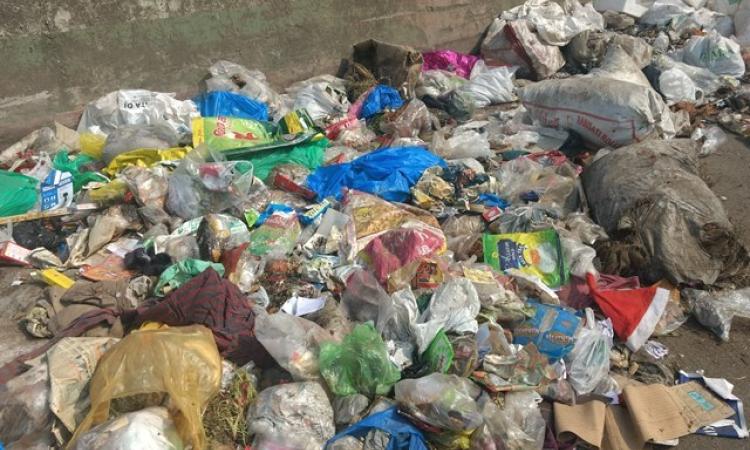
UN Environment Assembly adopts resolutions on single-use plastics, nitorgen management piloted by India
The environment ministry has informed that at the fourth session of the United Nations Environment Assembly (UNEA), two resolutions piloted by India on single-use plastics and sustainable nitrogen management have been adopted. Apart from hosting a session on Global Partnerships: Key to Unlocking Resource Efficiency and Inclusive Green Economies, the Indian delegation also participated in a panel discussion on the Need for Additional Commitments of Public Finance and ways to Maximize Mobilization of Climate Finance in the conference held in Nairobi from March 11 to 15.
Government turns a blind eye to lead poisoning in drinking water through PVC pipes
Taking note of the risk of lead leaching from the polyvinyl chloride (PVC) pipes into drinking water, the National Green Tribunal, in May 2017, directed the environment ministry to set standards for the use of lead in PVC pipes within four months of the order and expeditiously come up with a phase-out plan. However, almost two years on, there are no standards in place and no plan to phase out the use of the heavy metal. Moreover, the ministry has dodged the responsibility of setting standards on the Bureau of Indian Standards and raised doubts about whether the lead in drinking water originated from PVC pipes.
Pollution along Hindon river: NGT slams UP government
The National Green Tribunal has ordered the Uttar Pradesh government to furnish a Rs 5 crore compliance bond for failure to redress deadly health hazards faced by residents in villages lying along the Hindon river. Moreover, the tribunal has warned of forfeiting the amount if the state government is not able to implement an action plan within six months of passing the order. As per the experts from the central and state government, the dissolved oxygen at certain stretches of the river in Ghaziabad, Gautam Budh Nagar, Meerut and Baghpat was found to be nil, indicative of high pollution levels and no aquatic life.
Assam children come up with their agenda for the national elections
Under the guidance of UNICEF, Assam and the Adolescent and Children Rights Network, Assam (ACRNA), over 500 children of the age group 14 to 19 years voiced their opinion for the development of Children’s Agenda for the upcoming national election. The children have requested for flood-resilient infrastructure because due to flooding, schools become inaccessible for them. Moreover, hundreds of schools across the state remain submerged or are turned into relief camps hindering education during the flood season. The agenda also noted the challenge of availing safe drinking water and proper toilets during the flood season.
Government of India must abandon the Draft National Forest Policy 2018: Human rights group to UN
International Work Group for Indigenous Affairs (IWGIA), a global human rights organisation, has written a letter to the United Nations’ Committee on Elimination of Racial Discrimination (CERD) to urge the Indian government to abandon the Draft National Forest Policy of 2018 and to involve indigenous peoples in the compensatory afforestation programme. The letter draws the attention of violation of the Forest Rights Act (FRA) and Provisions of the Panchayats (Extension to the Scheduled Areas) Act of 1996 (PESA) by the Indian authorities. The letter goes on to say that the changes in the Act are being made to exploit natural resources as well as utilise about $15 billion collected under the Compensatory Afforestation Fund Act.
This is a roundup of important policy matters from March 13 - 20, 2019. Also, read news this week.
/articles/un-environment-assembly-adopts-indias-two-resolutions